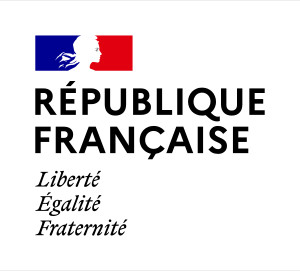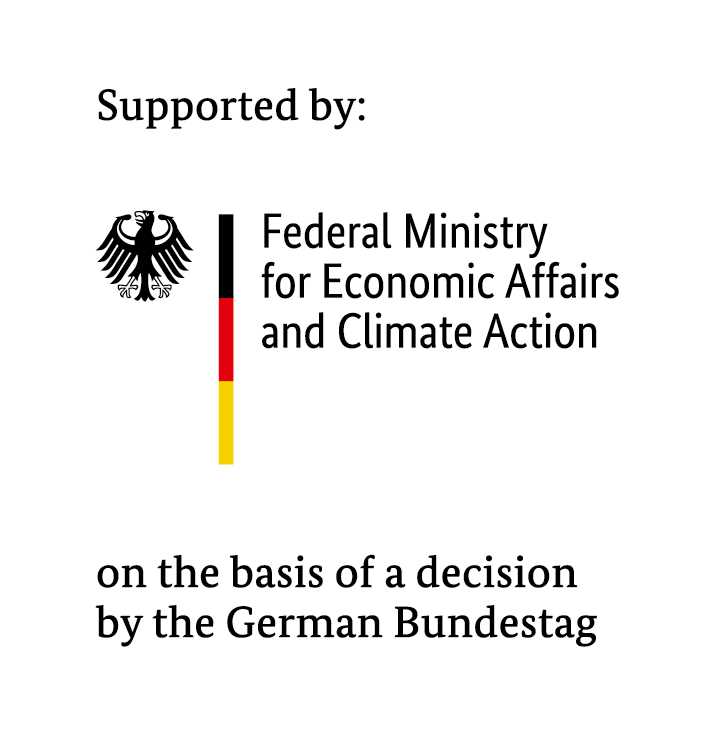What are the scientific key questions for the MERLIN mission?
Merlin is a French-German mission, which aims to provide atmospheric methane columns with low systematic errors.
It is an active remote sensing mission to provide observations, from which emissions are inverted at all latitudes and seasons with their respective error.
Measurements are carried out with an IPDA LIDAR, installed on a MYRIADE EVOLUTION platform.
MERLIN will address these scientific gaps and mitigation challenges by providing observations of atmospheric methane and of its trend, over the entire globe, year-around, and independent of the availability of sun light. MERLIN will meet the stringent accuracy requirements, which is essential to measure and assess the small gradients of CH4 produced by surface emissions and transported in the atmosphere (~5-50 ppb at regional scale, which is 0.2-2% of the background concentrations).
MERLIN is regarded as a key actor in science and mitigation of climate change and will help to constrain methane emissions globally to close the global methane budget which is the overarching scientific question of the mission.




